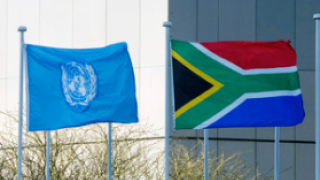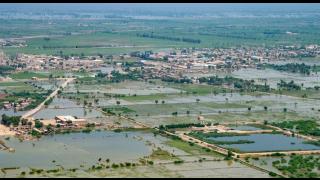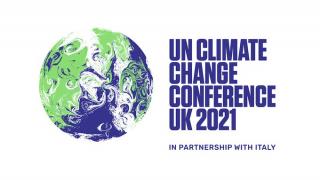
After extensive negotiations in Durban in December, the 194 parties to the UN Framework Convention on Climate Change agreed to work towards a legally-enforceable deal to take effect by 2020. However, a second Kyoto Protocol phase was accepted only by European Union countries, with others - notably Canada, Russia and Japan - opting out.
UN Secretary General Ban Ki-moon welcomed the new deal, saying; “Taken together, these agreements represent an important advance in our work on climate change”. He called on countries to “quickly implement these decisions and to continue working together in the constructive spirit evident in Durban.”
Despite the new agreement being hailed as a breakthrough by some, others in the international community were disappointed that the conference didn’t go further in its commitment to act on climate change. Whilst acknowledging the progress made in Durban, Achim Steiner, Executive Director of the United Nations Environment Programme (UNEP), noted that the conference still left the world with serious and urgent challenges if a global temperature rise is to be kept under two degrees Celsius in the 21st century.
One of UNA-UK's key concerns is strengthening the international climate framework. In two op eds published by the Huffington Post and the UN Environment Programme, UNA-UK Chairman Sir Jeremy Greenstock and Bonian Golmohammadi, Secretary-General of World Federation of UN Associations, make the case for a global environment organisation.
Read the Huffington Post op ed | Read the UN Evironment Programme op ed






